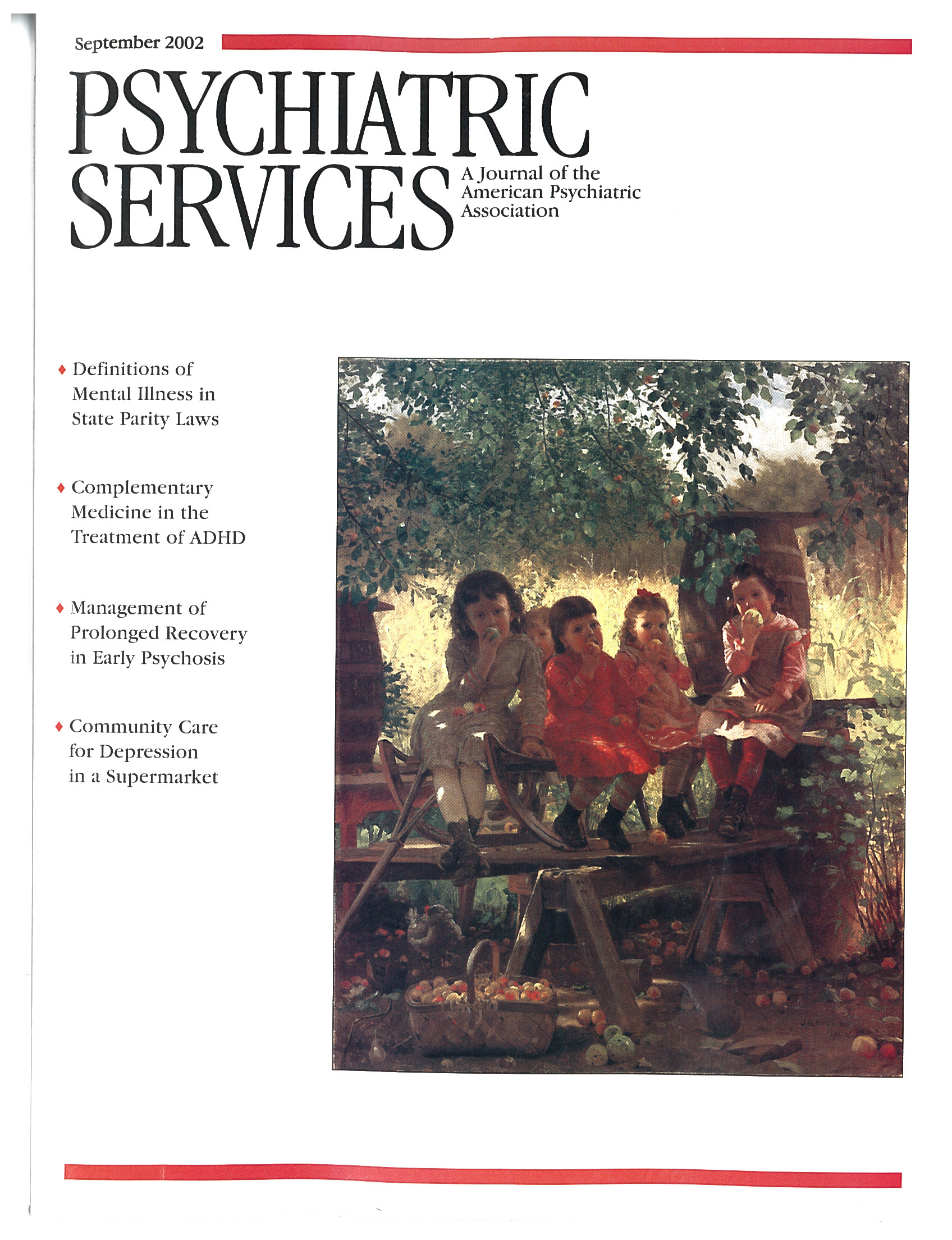Abstract
Introduction by the column editor: The period around the onset of the first psychotic episode and the first years after the start of treatment provide pivotal opportunities to affect the course of schizophrenia. Early intervention in schizophrenia is receiving increasing interest, and a number of specialized centers are focusing on treating young people to secure better outcomes and prevent the accrual of disabilities. For example, the Early Psychosis Prevention and Intervention Centre (EPPIC) is a comprehensive treatment service for individuals experiencing their first psychotic episode who live in the western metropolitan region of Melbourne. Readers can learn more at EPPIC's Web site, www.eppic.org.au. About a fifth of persons with recent-onset schizophrenia have persistent psychotic symptoms that translate into disability, suffering, and family burden. Since 1994, a subprogram of EPPIC, the Treatment Resistance Early Assessment Team (TREAT), has been developing a framework for the management of patients experiencing prolonged recovery in early psychosis. Below, Edwards and her colleagues outline the rationale and operation of the consultation service provided by TREAT to the clinicians working at EPPIC.



